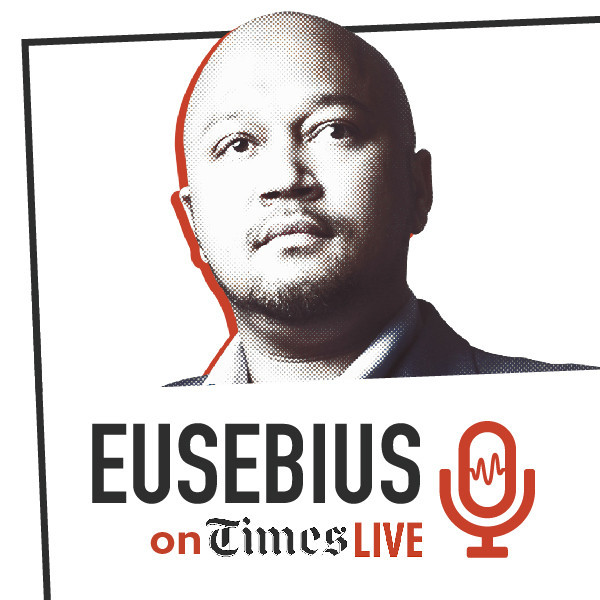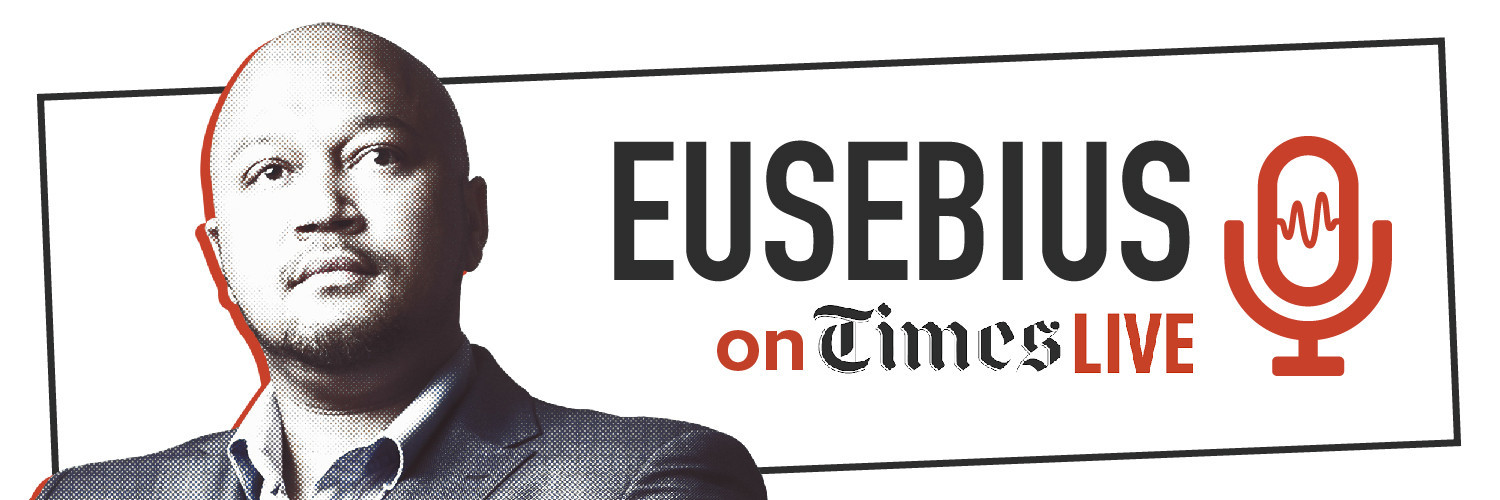
Black Business Council says ANC isn't a force for good
Loading player...
In a wide ranging interview about the state of our economy, Eusebius McKaiser hosted Black Business Council president Elias Monage on his TimesLIVE podcast.
Monage argued that the state of the economy is bad news for business and job creation, as a result of multiple causal factors. State-owned companies are meant to be engines of economic growth but instead, says Monage, they contribute too many economic uncertainties and weaknesses such as energy insecurity and public infrastructure decay.
This isn't only bad news for industrialists in key sectors of the economy such as manufacturing. It also hurts, he explained, entrepreneurs and small businesses, such as a woman who cannot bake her amagwinya when the lights go off. Equally, the state of Prasa means that those lucky enough to have a job at all are at the mercy of public transport that is not reliable, safe and affordable. Monage pointed out that many workers end up working just in order to afford going to work, meaning they spend a large portion of money on transportation and have little left for their key needs, savings, etc. It is therefore both big business and ordinary citizens who suffer from the state of the state. Poor leadership, in his opinion, is a big driver of these weaknesses.
When McKaiser pushed him about corporate culpability, he readily agreed that leadership failures exist both within the state and also within business. In fact, Monage went so far as to indirectly criticise the state capture commission for not making stronger recommendations about punishment for companies and CEOs that captured the state. He argues that many companies admit to their roles in state capture, simply pay a fine and then continue doing business with the state because they know consequences will not be tougher than that. He argues that we should see guilty corporate leaders criminally convicted, as well as political leaders they were and are in cahoots with.
The discussion ended with a trenchant critique from Monage
Monage argued that the state of the economy is bad news for business and job creation, as a result of multiple causal factors. State-owned companies are meant to be engines of economic growth but instead, says Monage, they contribute too many economic uncertainties and weaknesses such as energy insecurity and public infrastructure decay.
This isn't only bad news for industrialists in key sectors of the economy such as manufacturing. It also hurts, he explained, entrepreneurs and small businesses, such as a woman who cannot bake her amagwinya when the lights go off. Equally, the state of Prasa means that those lucky enough to have a job at all are at the mercy of public transport that is not reliable, safe and affordable. Monage pointed out that many workers end up working just in order to afford going to work, meaning they spend a large portion of money on transportation and have little left for their key needs, savings, etc. It is therefore both big business and ordinary citizens who suffer from the state of the state. Poor leadership, in his opinion, is a big driver of these weaknesses.
When McKaiser pushed him about corporate culpability, he readily agreed that leadership failures exist both within the state and also within business. In fact, Monage went so far as to indirectly criticise the state capture commission for not making stronger recommendations about punishment for companies and CEOs that captured the state. He argues that many companies admit to their roles in state capture, simply pay a fine and then continue doing business with the state because they know consequences will not be tougher than that. He argues that we should see guilty corporate leaders criminally convicted, as well as political leaders they were and are in cahoots with.
The discussion ended with a trenchant critique from Monage
